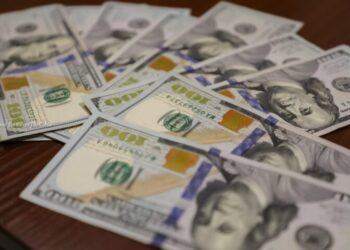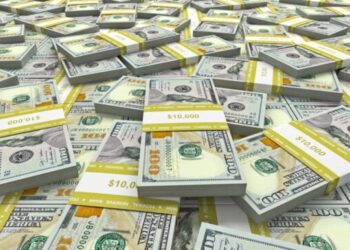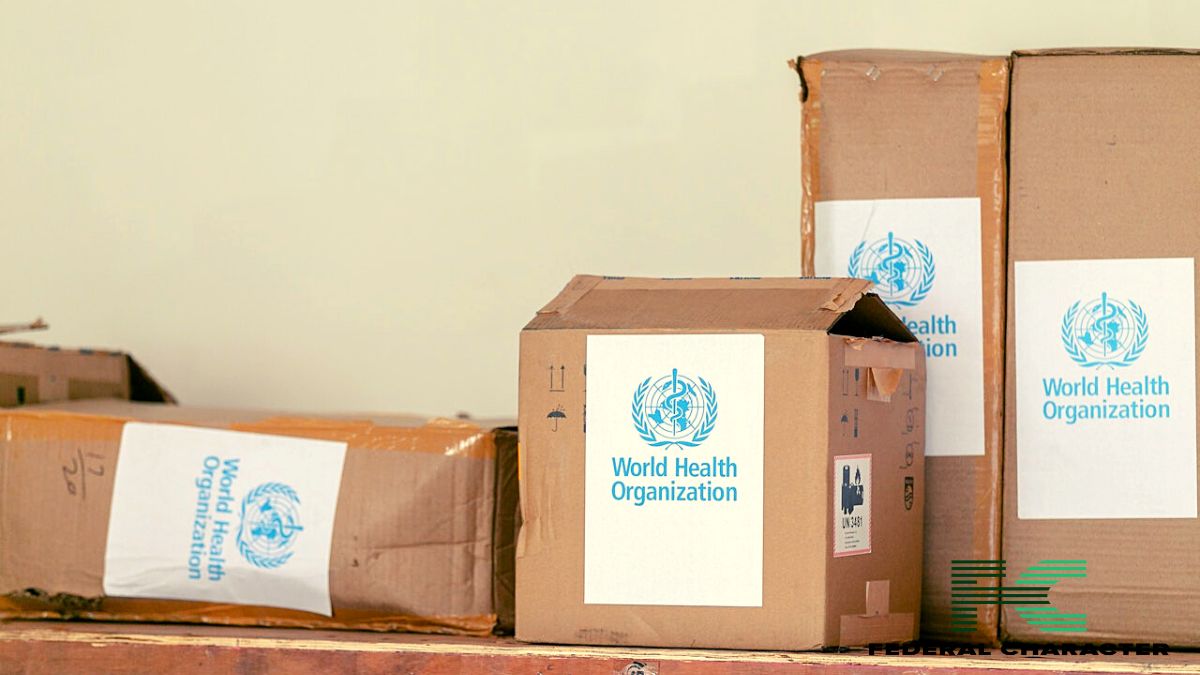The outcome of the US presidential election could significantly impact Nigeria’s Bitcoin market. If Trump wins, it might increase global stock prices, which could be good for Nigerian stocks and possibly the Bitcoin market. However, if Harris wins, the US might spend more carefully, which could lower interest in riskier markets like Nigeria.
Market Uncertainty and Nigerian Stocks
As investors become increasingly nervous, stock markets worldwide are experiencing unpredictable shifts. Nigeria’s stock market, which is already affected by foreign investments, is especially at risk. If Trump wins, his policies that focus on growth might help global stocks, which could be good for Nigerian stocks in the short term. But if Harris wins, she might take a more careful approach to spending in the US, which could make investors less interested in riskier markets like Nigeria.

A Hawkish Economic Stance
A hawkish economic stance from Harris could further drive yields up in the US, making American assets more attractive. This change in where money goes could pull funds away from Nigerian markets, putting more pressure on local stocks. Oyekan Idris, a capital market expert, says, “If US interest rates go up, investors might choose the safer, higher-return US investments over Nigerian ones.”
Safe Bets and Nigerian Bonds
When there’s uncertainty, investors often turn to “safe” investments like US Treasury bonds. However, under either a Trump or Harris presidency, US Treasury interest rates could go up because of worries about inflation or high government spending. This rise could make Nigerian government bonds less attractive, leading to higher borrowing costs if investors move away from emerging markets.
Nigeria’s Economic Difficulties
Nigeria depends heavily on foreign investments, so any increase in US interest rates could shift investments away, adding more stress to Nigeria’s bond market. If Trump’s plans increase inflation, the interest rates on US bonds could rise sharply. If Harris wins, her plans to spend more money could also push these rates up. This could make it more expensive for Nigeria to borrow money for things like building projects and public services, intensifying Nigeria’s economic challenges.

















